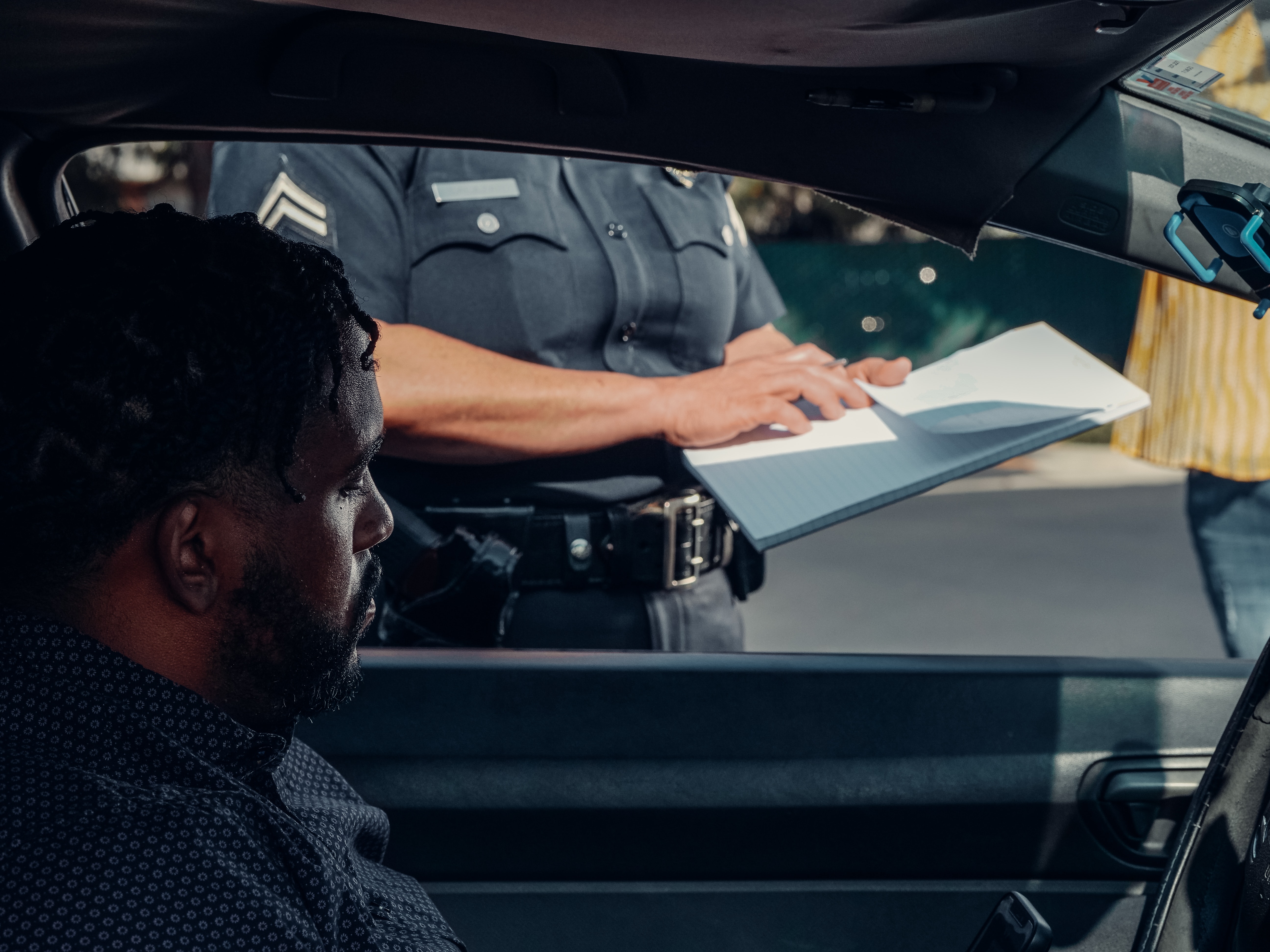
If you just got a speeding ticket, you might be wondering if your auto insurance company will be covering the cost again. Unfortunately, the cost of a speeding penalty may go beyond the amount written on the ticket. Several factors, including the type of ticket, the severity of the violation, whether you've recently received another ticket, where you are when you're fined, and others, determine whether your vehicle insurance rate increases after receiving a speeding citation—or any other penalty. For instance, unless you don't pay your parking fines and your license is suspended, non-moving infractions like those don't normally influence your vehicle insurance cost. Or, if it's your first time getting a ticket for speeding and you were only a few miles over the speed limit, it's possible that your insurance rate won't change at all. You can lose your safe-driving discount or get smaller discounts in the future, experience a premium hike, or even lose your coverage if you do receive a ticket in certain situations. If you receive one or more moving infractions, your insurer may view you as a higher-risk customer. Moving offenses are regarded as a part of your driving record. You appear riskier the more moving offenses or citations you have. If you have any speeding fines on your driving record, your premiums may go up dramatically. A speeding ticket for exceeding the speed limit by 11 to 15 miles per hour can often result in a 20% premium increase, according to Insurance.com. While receiving two citations for exceeding the limit by at least 11 miles would often result in a 43% rate increase. What kind of offense did you commit, and where do you reside? State rules differ significantly in how they treat specific offenses, such as being ticketed for texting while driving, failing to wear a seatbelt, or receiving a red-light camera citation, as well as whether insurance companies are permitted to include them in your premium. Was it the first offense or the first of many, and if so, how many? If it was your first infraction and you are older than 25, you might not see a rate rise. Your insurance premiums might not increase if you haven't committed a comparable moving infraction in the previous three years. Your premiums will rise in direct proportion to the number of speeding fines you receive during a three- to five-year period; you may even lose your standard coverage entirely or struggle to find coverage in the future. Your pricing will always take into account your driving and insurance histories. When you received the ticket, where were you? Your insurance may or may not increase if you receive a speeding ticket in a state other than the one in which you reside. Most states, but not all, exchange data on driving records. Additionally, some states, like Colorado, only exchange information about serious offenses like DUIs or dangerous driving. What carrier you pick is one of the most crucial elements in determining whether you'll pay extra for your auto insurance after receiving a speeding citation. This is so since the majority of conventional auto insurance providers base your quote mostly on your driving history. As we mentioned above, shopping around with several vehicle insurance companies is probably the greatest way to lower your premium following an increase—or anytime, really. Pricing might fluctuate significantly from carrier to carrier because various firms estimate and evaluate risk in different ways. You might attempt to challenge a ticket if you believe it was issued unfairly. Even if the odds are against you, if you prevail, the infraction won't show up on your driving record. Attend traffic school or a course on defensive driving. The number of points on your license and the perceived danger you pose may both be decreased in most jurisdictions by attending a driving course.